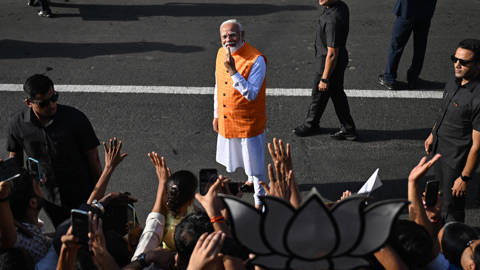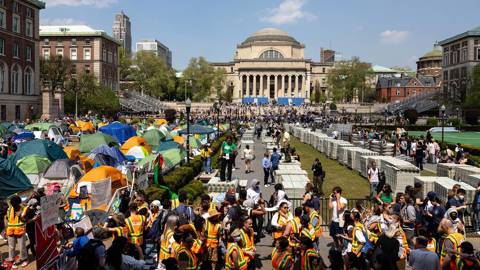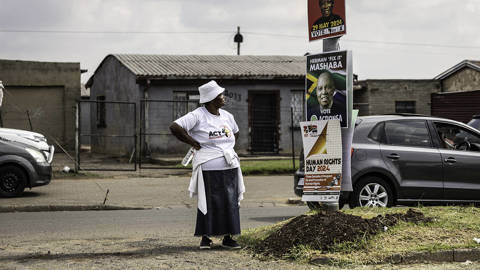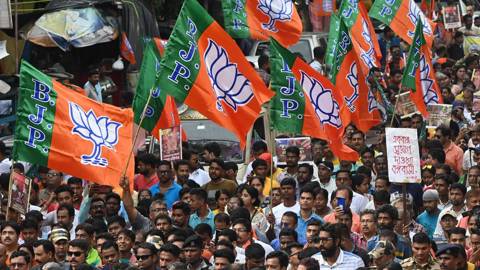Roman Frydman
Roman Frydman, Professor of Economics at New York University, is the co-author of Imperfect Knowledge Economics and Beyond Mechanical Markets.
-
How to Reset the US Pandemic Response
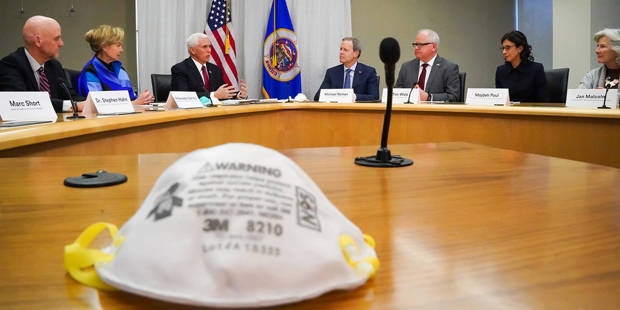
How to Reset the US Pandemic Response
Jun 1, 2020 Roman Frydman & Gernot Wagner show that the roots of America's COVID-19 disaster run much deeper than the Trump administration.
-
Insuring the Survival of Post-Pandemic Economies
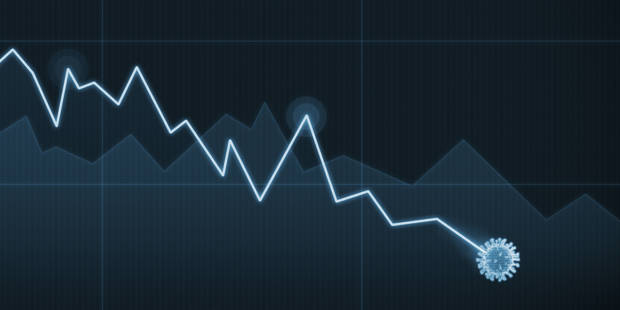
Insuring the Survival of Post-Pandemic Economies
Mar 23, 2020 Roman Frydman & Edmund S. Phelps see major shortcomings in the just-adopted $2 trillion US rescue and stimulus package.
-
Did Capitalism Fail?

Did Capitalism Fail?
Sep 13, 2013 Roman Frydman & Michael D. Goldberg argue that 2008's near-meltdown was a failure of contemporary economic models' understanding of the role of financial markets in capitalist economies.
-
Completing the G-20’s Agenda
Completing the G-20’s Agenda
Apr 2, 2009 Michael D. Goldberg & Roman Frydman
-
Can Anything Slow the Dollar’s Fall?
Can Anything Slow the Dollar’s Fall?
Nov 10, 2007 Michael D. Goldberg & Roman Frydman
